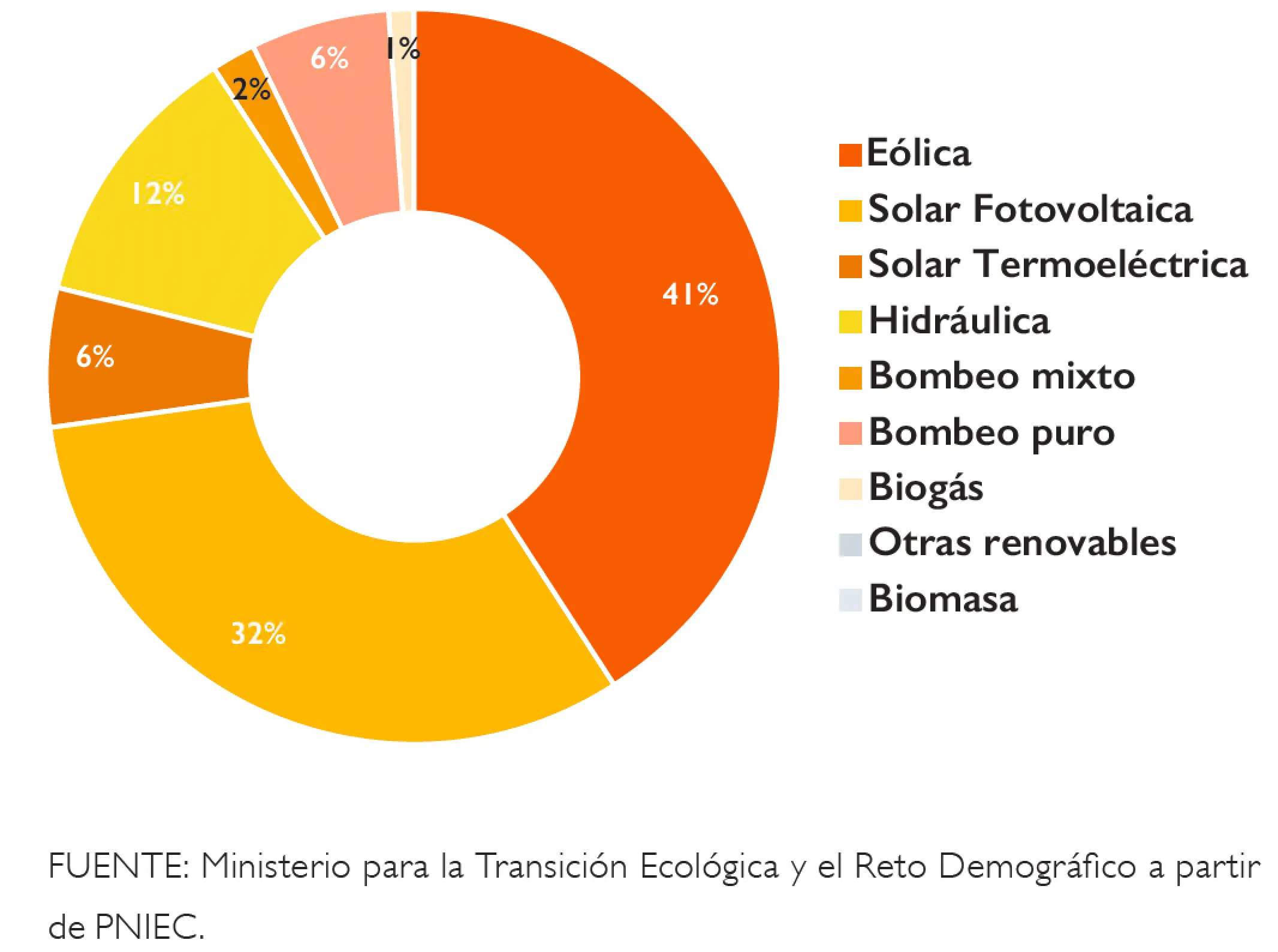There are currently several reasons for companies to consider whether they should choose to install a photovoltaic power system. The most relevant reason at the moment is the impact of the current trend of energy prices on their bottom line. This impact is passed on to production costs and, by extension, significantly affects consumption. However, this is not the only reason why this option may be of interest.

Companies’ competitiveness is also affected, as those that opt for this type of technology will have more efficient energy bills and, therefore, will have a competitive advantage over the rest of the players in the market that continue to rely heavily on conventional energy.
Companies must move towards reducing their carbon footprint, and they should also be able to explain their initiatives to the market, especially those companies that have to make the Non-Financial Disclosures Report (NFR).
How does it work?
Photovoltaic energy makes it possible to obtain electricity directly from solar radiation, transforming it into electrical power directly by means of the photovoltaic effect, which consists of a material emitting electrons when it is illuminated by electromagnetic radiation (in this case, solar radiation).
A mature technology
Over the last few years, innovation and economies of scale alike have led to much lower and efficient installation costs of this type of system in a company. According to the IDAE, since 2018, self-consumption in Spain has increased 2.5 fold, reaching 600 MW installed self-consumption, and the forecast is that by 2030, photovoltaic solar energy will represent 32% of all renewable energy generated in Spain.
Renewable power goals for 2030

This has contributed to the low cost of this technology. According to the 2021 Photovoltaic Yearbook of the National Association of Photovoltaic Energy Producers (or ANPIER, as per its Spanish initials), since 2007 it has gone from 3.3 EUR/WP (the cost of generating maximum power through a solar panel) to 0.23 EUR/WP.
Why is now the right time?
As we have already mentioned, self-consumption of photovoltaic energy results in greater energy independence for companies, allowing them to be more competitive in a market strongly impacted by the price of energy and enabling them to advance in decarbonisation using this mature and economical technology.
The payback period for this type of installation for a company that consumes energy while producing it has been drastically reduced, especially after the repeal of the so-called “sun tax” in 2018. According to ANPIER, for installations with a power of more than 100 kW, the unit cost is less than one euro per watt installed, meaning that for many users, especially companies, amortisation takes between 5 and 7 years for an installation with a useful life that can exceed 25 years.
Additionally, European Funds have boosted self-consumption and energy storage through autonomous communities that have published grants for these purposes, depending on the type of company and the power installed.
All these advantages indicate that this is the best time to invest in photovoltaic energy.
We are by your side in this opportunity
At Banco Sabadell, we want to help companies make the most of this opportunity and, to this end, we offer financing solutions tailored to each company. Book an appointment with a manager to help you find the best solution.